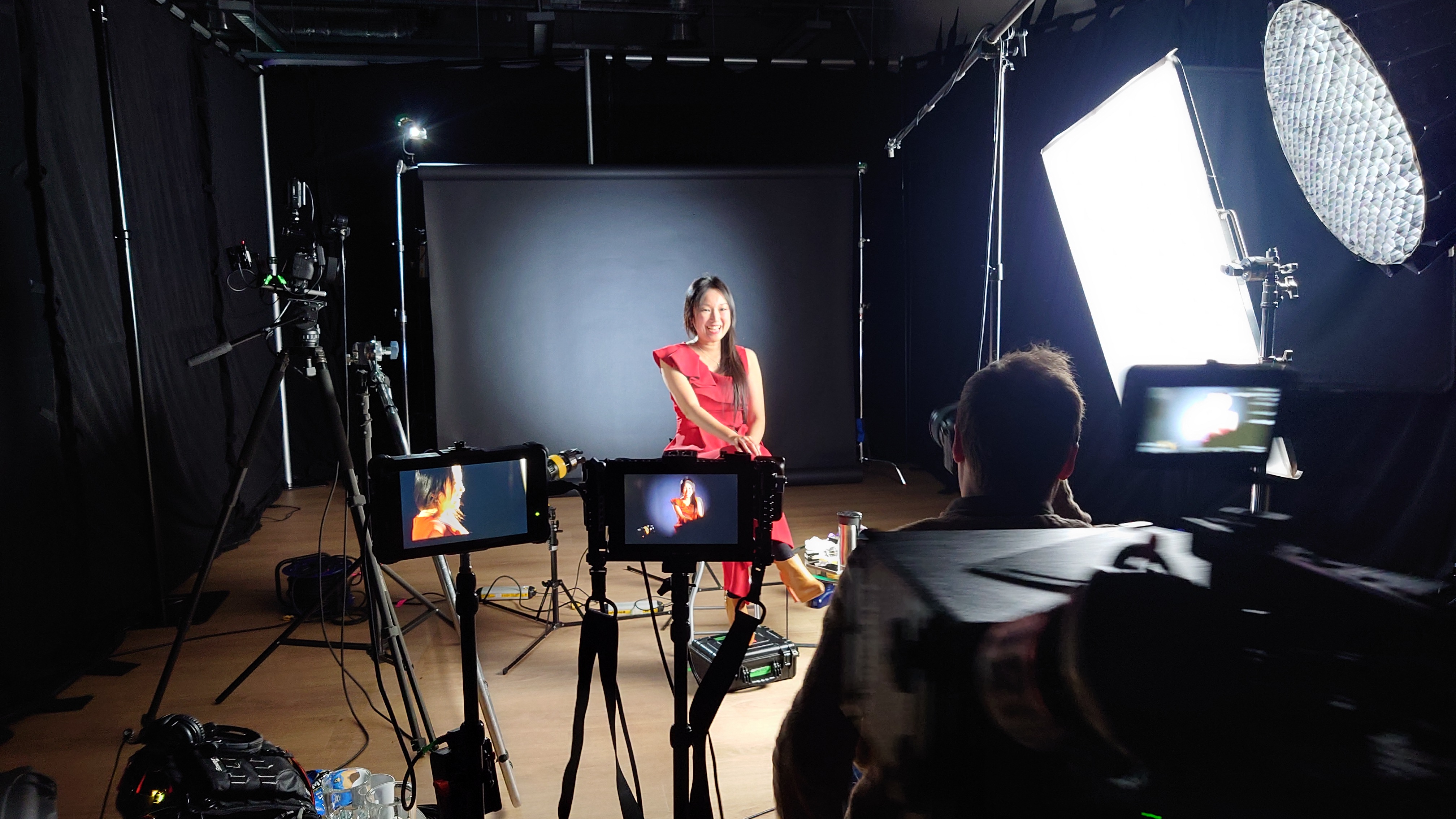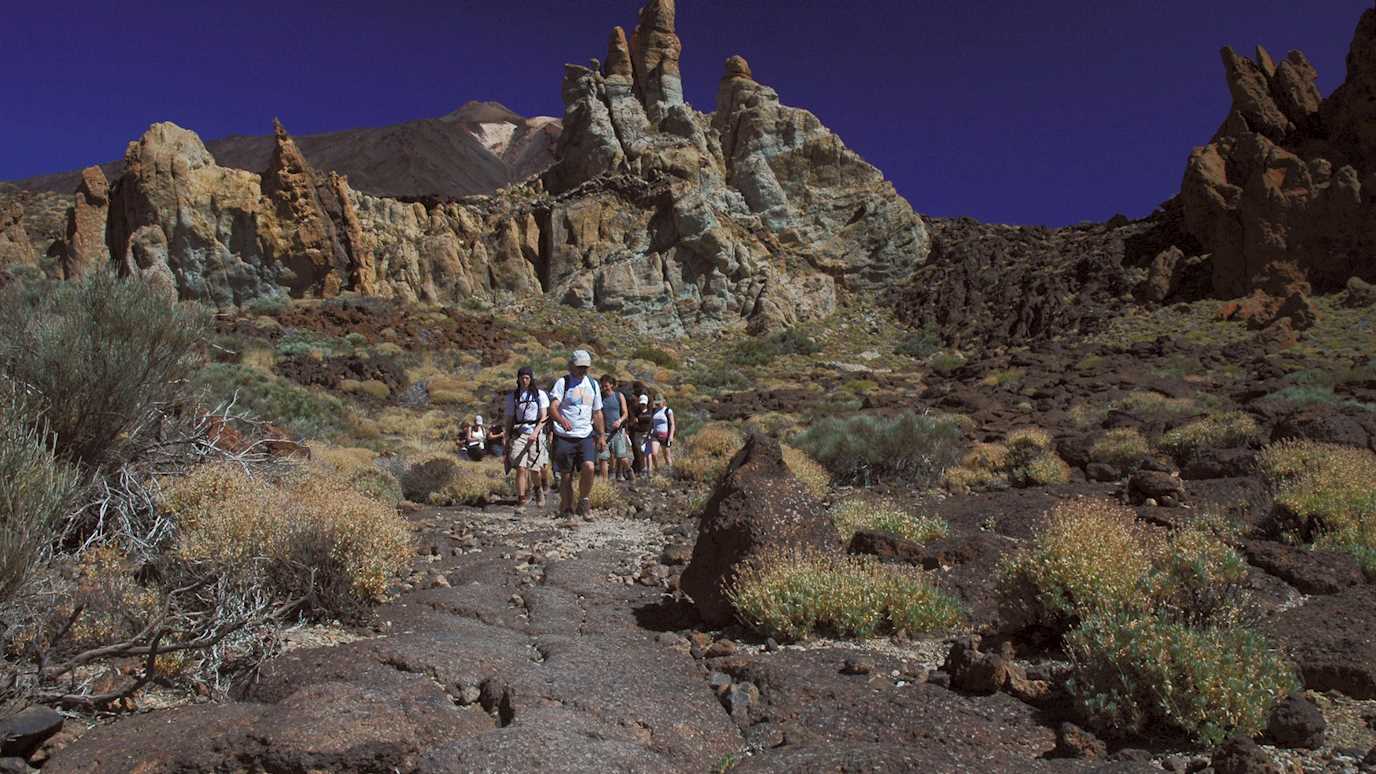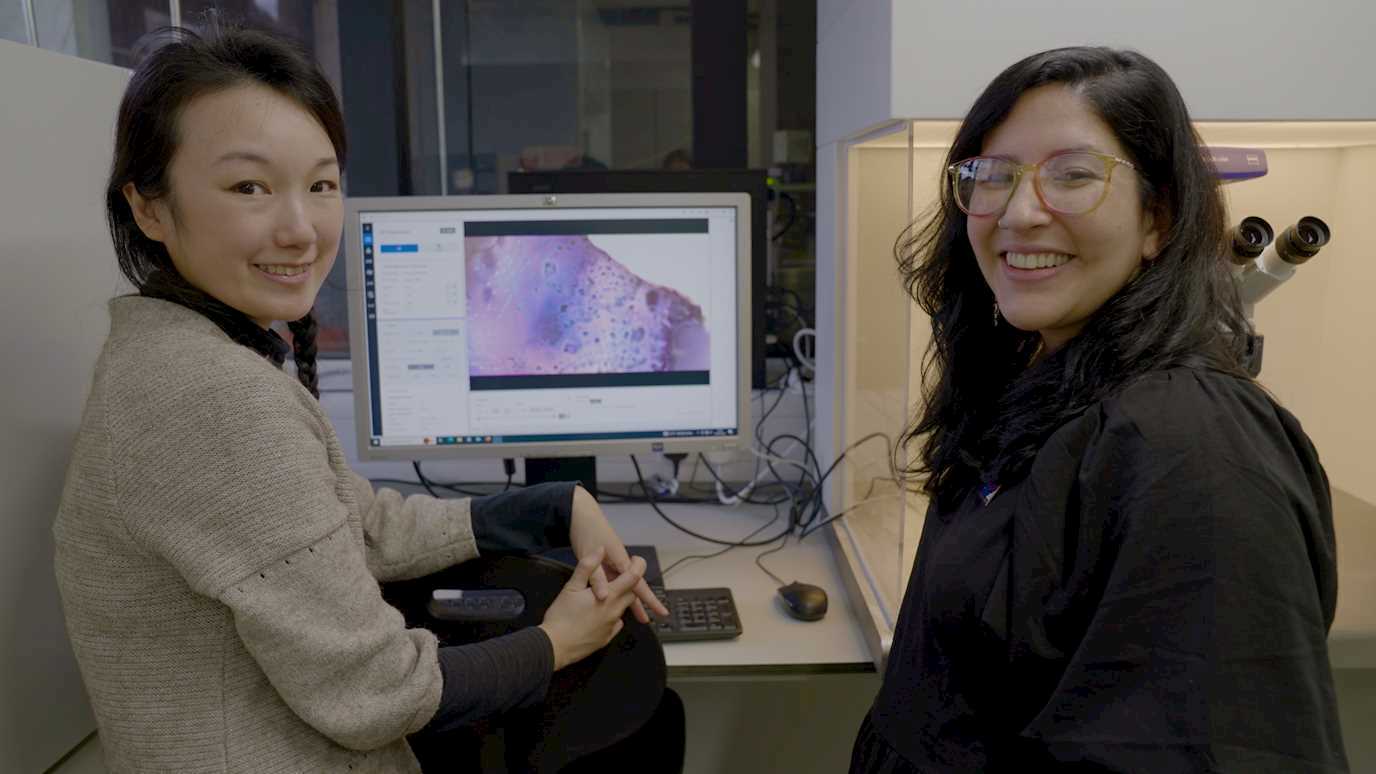Leading international scientists, including experts from Royal Holloway, are reacting to a new report from the World Meteorological Organisation (WMO) highlighting that the amount of greenhouse gases in the atmosphere reached a record high in 2016, which could make current climate targets unachievable.
Thanks to a combination of human activities and the El Nino weather event, last year's CO2 increase was 50% higher than the yearly average from the past decade, driving CO2 to a level that's not been seen for 800,000 years. Average levels in 2016 reached 403.3 parts per million, up from 400 parts per million in 2015. Experts in the field of atmospheric research agreed that the WMO findings were a cause for concern.
The WMO's report also points to a mysterious rise in the levels of methane in the atmosphere, which were also higher than the 10-year average. Commenting to BBC News, Professor Euan Nisbet from the Department of Earth Sciences said this was not expected in the Paris Agreement,
"We do not understand why methane is rising ... It is very worrying."
Professor Nisbet says there is a fear of a vicious cycle, where methane drives up temperatures which in turn releases more methane from natural sources, adding,
"The 3ppm CO2 growth rate in 2015 and 2016 is extreme - double the growth rate in the 1990-2000 decade. It is urgent that we follow the Paris agreement and switch rapidly away from fossil fuels. There are signs this is beginning to happen, but so far the air is not yet recording the change."
The Greenhouse Gas Research Group at Royal Holloway, a team of researchers led by Euan Nisbet, leads the UK’s ‘Project MOYA’ investigation into the Global Methane Budget. MOYA is a ‘Highlight’ programme of the Natural Environment Research Council (NERC), with 14 partner institutions. Methane is rising rapidly, for unknown reasons linked to processes in the tropics and sub-tropics. This is among the most serious challenges to the UN Paris Agreement.
Royal Holloway has one of the world’s longest running peri-urban greenhouse gas records, and monitors methane isotopes from many stations worldwide, from Spitsbergen to Antarctica. The Royal Holloway team also participates in the NERC work on ‘negative emissions’, exploring how to remove methane directly from the atmosphere. They hope to find a way to deal with hard-to-eliminate methane emissions from widely distributed agricultural or industrial sources, such as livestock or gas pipelines.
The Paris Agreement, which has been signed by 195 countries, allows each country to forge its own path to contributing to the goals of preventing dangerous climate change. The report has been issued just a week ahead of the next instalment of UN climate talks, in Bonn. Despite the declaration by President Trump that he intends to take the USA out of the deal, negotiators meeting in Germany will be aiming to advance and clarify the rulebook of the Paris agreement.
Read more about Methane research here
Nisbet, E. G., et al. (2016), Rising atmospheric methane: 2007–2014 growth and isotopic shift, Global Biogeochem. Cycles, 30, doi:10.1002/ 2016GB005406.
Nisbet, EG, Dlugokencky, EJ, Bousquet, P (2014) Methane on the rise – again, Science, 343, 493-5.
























